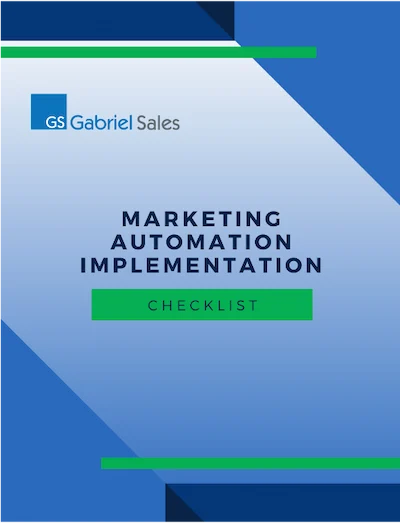 When presenting your product or solution, it is often the approach to attempt to impress your prospect with every feature and benefit, rave about personal accomplishments and achievements or your software’s bells and whistles.
When presenting your product or solution, it is often the approach to attempt to impress your prospect with every feature and benefit, rave about personal accomplishments and achievements or your software’s bells and whistles.
From our experience as a B2B sales outsourcing company, we have seen that this is not the most effective approach to closing deals. What is often missed and lost is that your prospect set aside time, has most likely read and digested some of your content and has now actually shown up to your meeting. A great deal of the battle has already been won.
This is now the time that your prospect is willing to open up, if you let them (most don’t). Trying to get someone to open up on a cold call is the total opposite: they don’t know who you are, why you called, what the call is about—and you most likely interrupted their day.
But, if you have your prospect in a sales meeting, you are past that point. Take advantage of the fact that you have the prospect all to yourself with little to no distractions. Don’t feature dump or sell on every benefit; if that is all your prospect wants, they can usually get this information on their own.
Your product or solution will also most likely be vetted by a technical person, so save the technical selling for him; he likes it. Business buyers want problems solved, and ROI helps them see it. You will get the next step if you’re a fit.
To get your prospects talking in a sales meeting, you don’t need any secret sales questions. Just ask them to recap why they agreed to meet and explain their situation and what they might be looking for. In doing this, they will tell you their pain that is why they are talking to you—not because you are such a great salesperson, or your product is wicked cool. Despite what we think, people really don’t want to talk to us (sales).
People only want to talk to sales when they think you can help solve a problem. That is where the focus needs to be, solving the prospect’s problem, not yours (more sales).
It transfers through the phone when you are self-serving. When the majority of what you do is talking, you lose. When you are listening and taking notes the majority of time, you’re winning.




